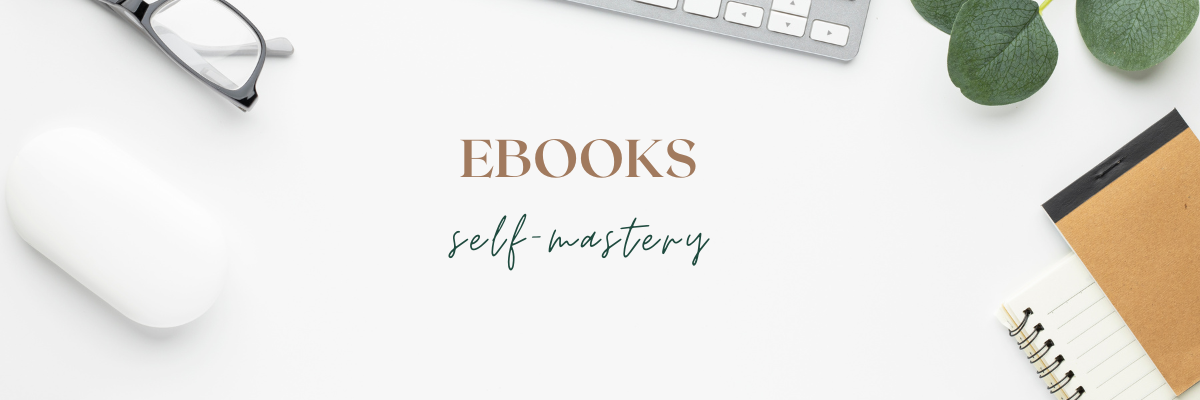METHODS: The 24-month-old male rodents used in this study, including male Sprague Dawley (SD) rats and UCP2 knockout (UCP2-/-) and matched wild type mice, were given dietary curcumin (0.2%). The young control rodents were 6-month-old. Rodent cerebral artery vasorelaxation was detected by wire myograph. The AMPK/UCP2 pathway and p-eNOS in cerebrovascular and endothelial cells were observed by immunoblotting.
RESULTS: Dietary curcumin administration for one month remarkably restored the impaired cerebrovascular endothelium- dependent vasorelaxation in aging SD rats. In cerebral arteries from aging SD rats and cultured endothelial cells, curcumin promoted eNOS and AMPK phosphorylation, up-regulated UCP2 and reduced ROS production. These effects of curcumin were abolished by either AMPK or UCP2 inhibition. Chronic dietary curcumin significantly reduced ROS production and improved cerebrovascular endothelium-dependent relaxation in aging wild type mice but not in aging UCP2-/- mice.
CONCLUSIONS: Curcumin improves aging-related cerebrovascular dysfunction via the AMPK/UCP2 pathway.
Article Published Date: Dec 31, 2012
Study Type: Animal Study
Additional Links
Substances: Curcumin : CK(4250) : AC(2230)
Diseases : Brain Inflammation : CK(274) : AC(145),
Cerebrovascular Disorders : CK(32) : AC(4),
Ischemia : CK(76) : AC(38),
Neurodegenerative Diseases : CK(3582) : AC(932), Oxidative
Stress : CK(3871) ,AC(1382),
Stroke : CK(1365) : AC(168)
Pharmacological Actions :
Antioxidants : CK(8430) : AC(3132),
Neuroprotective Agents : CK(2360) : AC(1099),
Neurorestorative : CK(71) : AC(21)

